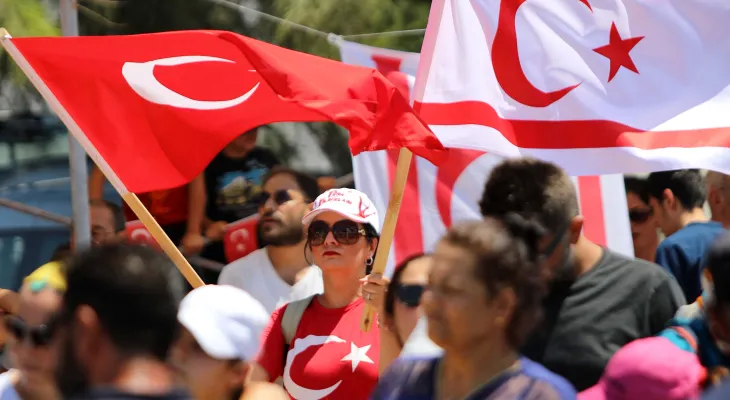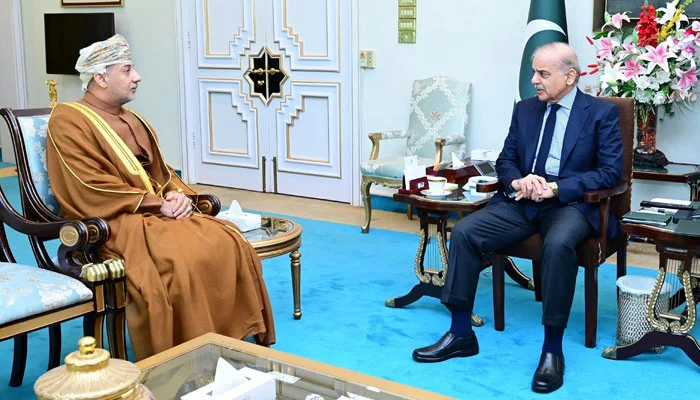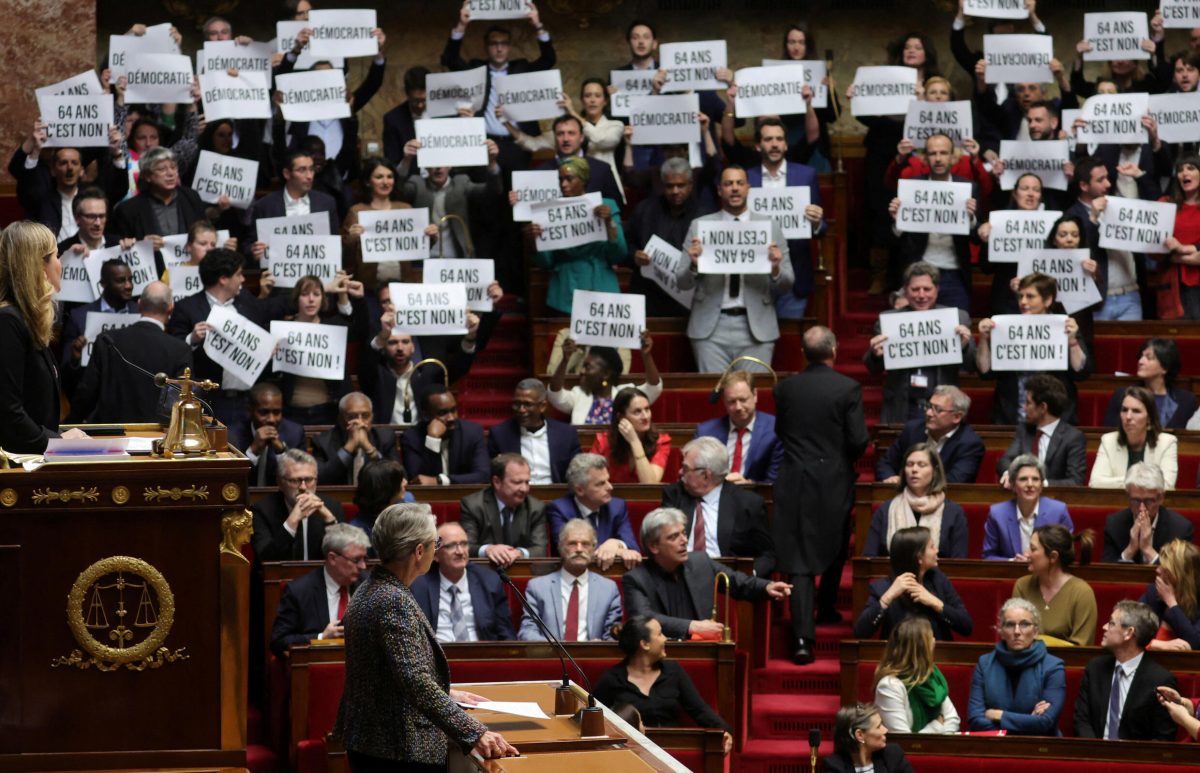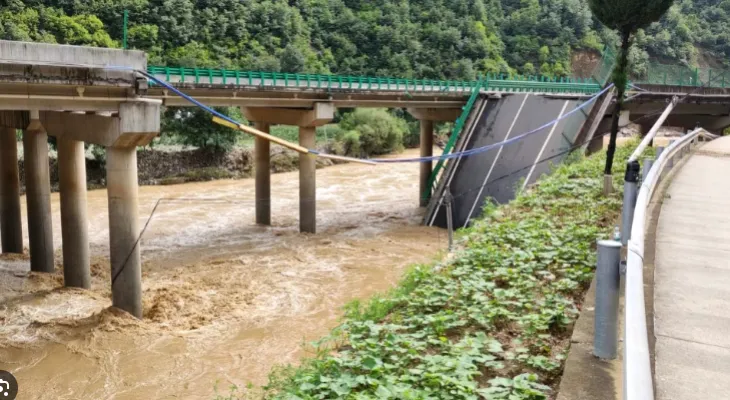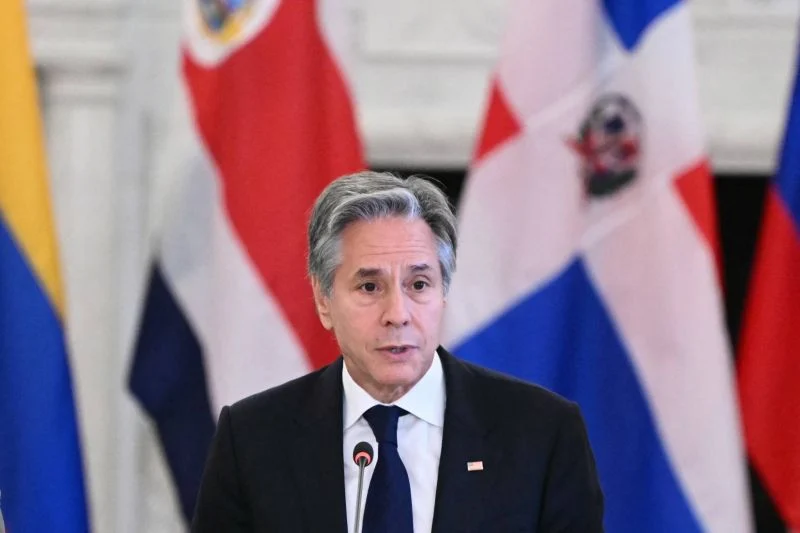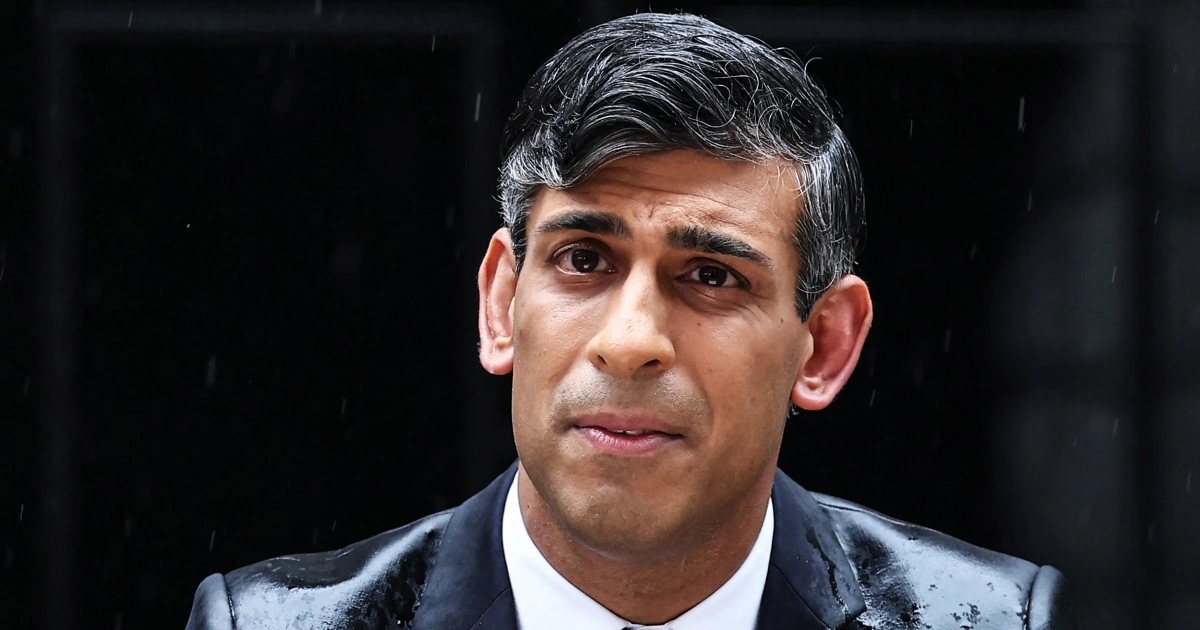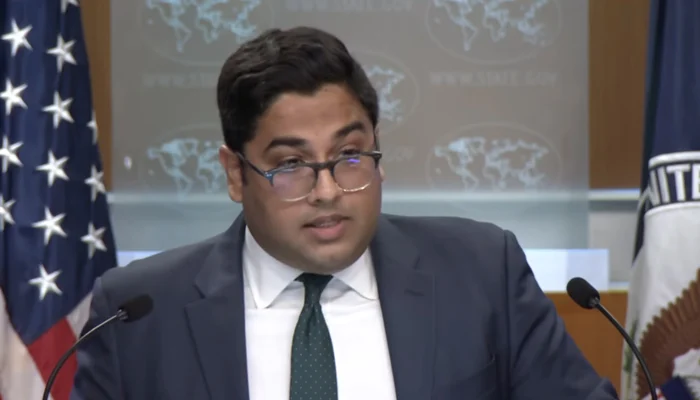ISLAMABAD: Pakistan has decided to carry out a forensic analysis of the leaked phone call featuring Tehreek-e-Taliban Pakistan (TTP) Chief Noor Wali Mehsud and pursue strict legal action against him and terrorist Ghat Haji after their leaked call exposed the terror plots being planned by the banned organisation.
Sources say that the government will not only seek the extradition of terrorists from Afghanistan but will also lodge a strong protest with the Afghan Taliban-led interim administration over the TTP head’s presence in the country and his direct involvement in terrorist attacks inside Pakistan.
A day earlier a disturbing phone call featuring Noor came to the surface wherein he could be heard giving instructions to his henchmen for attacks in Pakistan.
The other voices in the audio call were identified as local commanders Ahmad Hussain Mehsud alias Ghat Haji, and Saqib Gandapur.
The conversation revolves around the TTP chief’s orders on how to inflame the security situation in the country. In that conversation, he can be heard outlining two main methods for disrupting peace and order in Pakistan.
Suggesting that one method is to target government schools or hospitals with bombings, the TTP leader orders his men to carry out attacks on one or two schools or hospitals without claiming responsibility for them.
Noor could also be heard hashing out a second method, which he says involves destroying the homes of police officers and soldiers.
He instructs his lieutenants to keep the conversation confidential and ensure that no one else is aware of the plan and stresses that if questioned, he should not be linked to the operations and nothing should be traced back to TTP.
Ahmad Hussain, while affirming the TTP chief’s deadly plans, can be heard telling Gandapur to target the homes of high-ranking police, army, and FC officials with bombs and to either close down or blow up schools secretly — without taking credit for the attacks.
The leaked telephone call effectively reaffirmed Islamabad’s stance wherein it had time again called on Kabul to prevent its land from being used by TTP and other terrorist organisations against Pakistan.
The legal action against the terrorists, the sources added, will be taken in light of the report of the phone call’s forensic analysis.
Earlier this week, at least eight Pakistan Army soldiers had embraced martyrdom as security forces effectively thwarted a terrorist attack at Bannu Cantonment killing all 10 militants.
The terrorists attacked the Bannu Cantonment in the early hours of July 15 but their attempt to enter the facility was effectively thwarted by the security forces personnel, resultantly the militants rammed an explosive-laden vehicle into the perimeter wall of the cantonment, the military’s media wing had said.
Following the incident, Pakistan summoned the deputy head of mission of the embassy of Afghanistan in Islamabad to the Ministry of Foreign Affairs to deliver a strong demarche.
In a statement, the FO said the terrorist attack was carried out by the Hafiz Gul Bahadur group based in Afghanistan and urged Kabul to fully investigate and take immediate, robust and effective action against the perpetrators of the Bannu attack and to prevent the recurrence of such attacks using the territory of Afghanistan.




